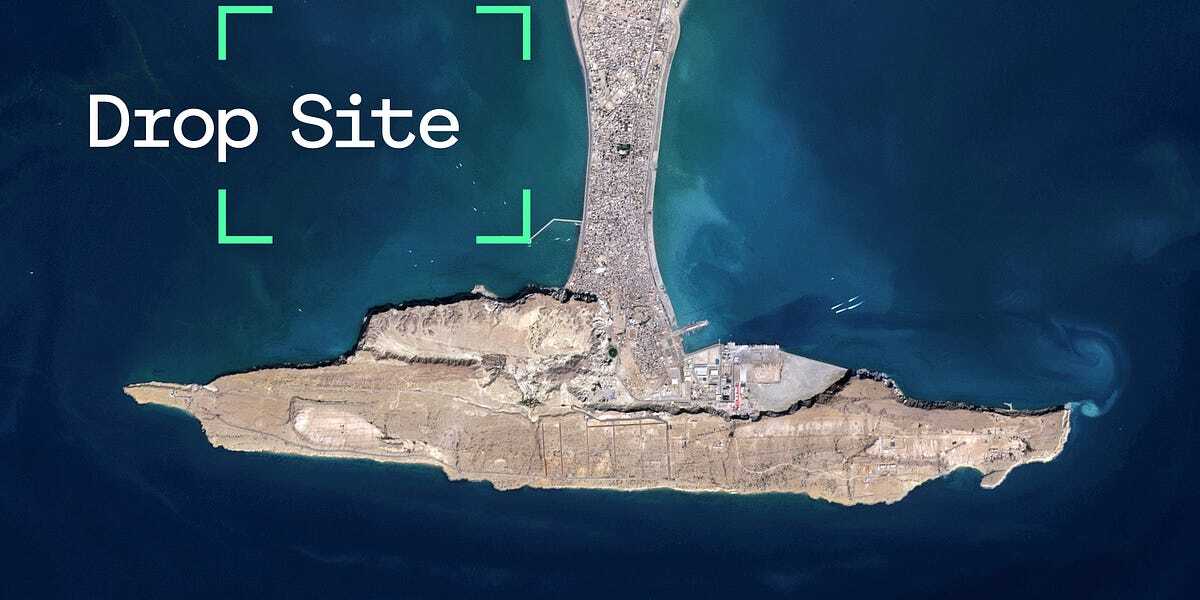From New York, Munir Akram, Pakistan’s representative to the United Nations, began reporting back cables highlighting “sarcastic” comments from his Chinese counterpart, who openly tweaked Akram about Pakistan’s sudden swing toward Washington. In private conversations with their Pakistani counterparts over the past year, as reported by Pakistani diplomats, Chinese officials have expressed displeasure with Islamabad for “switching camps”—rather than merely seeking open relations with both countries.
Now, with their U.S. gamble failing to pay off, Pakistani officials have become increasingly frantic in their efforts to repair relations with China, including, as the documents reveal, by granting China approval for a military base at the port of Gwadar—a major and longstanding strategic demand of Beijing—and authorizing joint military operations inside Pakistan.
Worsening relations with China may have been a price the Pakistani military was willing to pay for the benefit of closer ties with the U.S., but those closer ties do not appear to have provided much in the way of benefit. One of the expected upsides for the government of its turn back toward the West was securing an IMF bailout loan worth $7 billion. As of early September 2024, the Pakistani government has been unable to secure the IMF’s requirements for extending the loan.


